UnSystem the System
The child welfare system was never designed to protect families—it was built to separate them. At Alia, we believe it’s time for something entirely different. We’re not here to fix a broken system; we’re here to UnSystem the child welfare system and build something new.
We are building community led-networks of support that keep families safely together.
An UnSystem approach is not a reform. It leads to bold, community-driven alternatives to traditional child welfare structures, rooted in healing, equity, and love—not compliance and control. It involves ethically, equitably co-designing with those most impacted—families, youth, and community leaders. And it centers one clear purpose: to ensure every child grows up safe and supported in their family and in their community.
Why an UnSystem approach
Because families belong together, a system that is designed to separate them does not support healthy child development. Focused on surveillance, separation, and punishment, these approaches have detrimental outcomes for children, families, and society.
600,000+
Children who are separated from their families every year, causing lifelong, predictive harm: shortened life spans, increased mental health challenges, and increased substance use
80+%
Number of cases that are driven by poverty, racial and other biases, mental health, and substance use; all preventable factors.
53%
Number of black children who are investigated by CPS in the U.S. per year. (Black children are investigated nearly 2x as much as white children).
The status quo is not neutral—it’s harmful. Every day, the child welfare system separates children from their families for reasons rooted in poverty, racial bias, and systemic injustice. And every day, that system struggles to create safety, healing, or long-term stability.
We believe communities already have what they need to care for their own. Our role is to support them in unlearning the system and building something better.

How an UnSystem approach works
An UnSystem approach creates a locally led, values-based network of care that prioritizes prevention over punishment, relationships over rules, and families over foster care. Every UnSystem approach looks different because it involves co-creating with those most impacted—families, youth, and community leaders.
But they shares the same key characteristics:
- Seeking to end family separation
- Grounding in culturally rooted, community-based care
- Committing to healing from trauma and building trust
- Sharing power with families—not taking it from them
.gif?width=400&height=640&name=Untitled%20design%20(1).gif)
How it works
Children need an uninterrupted sense of belonging and connection to thrive and when separated or removed from their families, even briefly, we do lasting harm to their ability to develop in healthy ways. When a community-driven approach is aligned with preserving family bonds, families can access help when needed and children maintain the connections necessary for lifelong healthy development.
Centered in anti-racism, together we reimagine new ways of work and build a community’s distinctly innovative network of support. A concept that emerged from our national convening, the Ten of Ten for Kids, seven guiding principles drive an UnSystem approach.
We walk alongside counties, tribes, and states ready to transform. Together, we:
Act boldly
We don’t wait for slow approval or small tweaks. We move with courage and urgency because children can’t wait.

